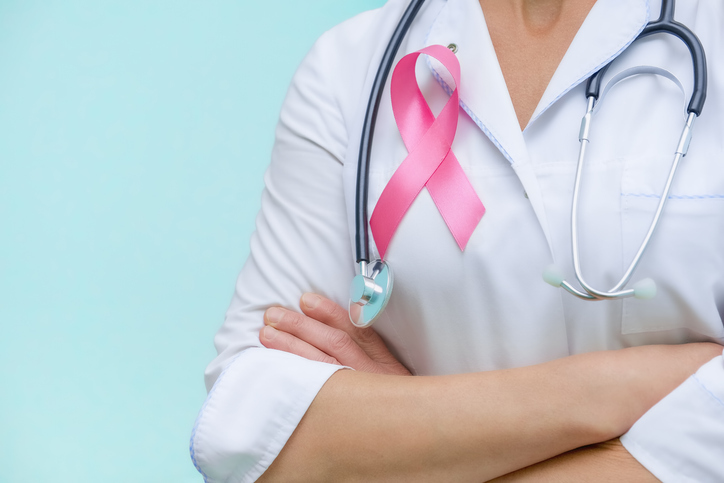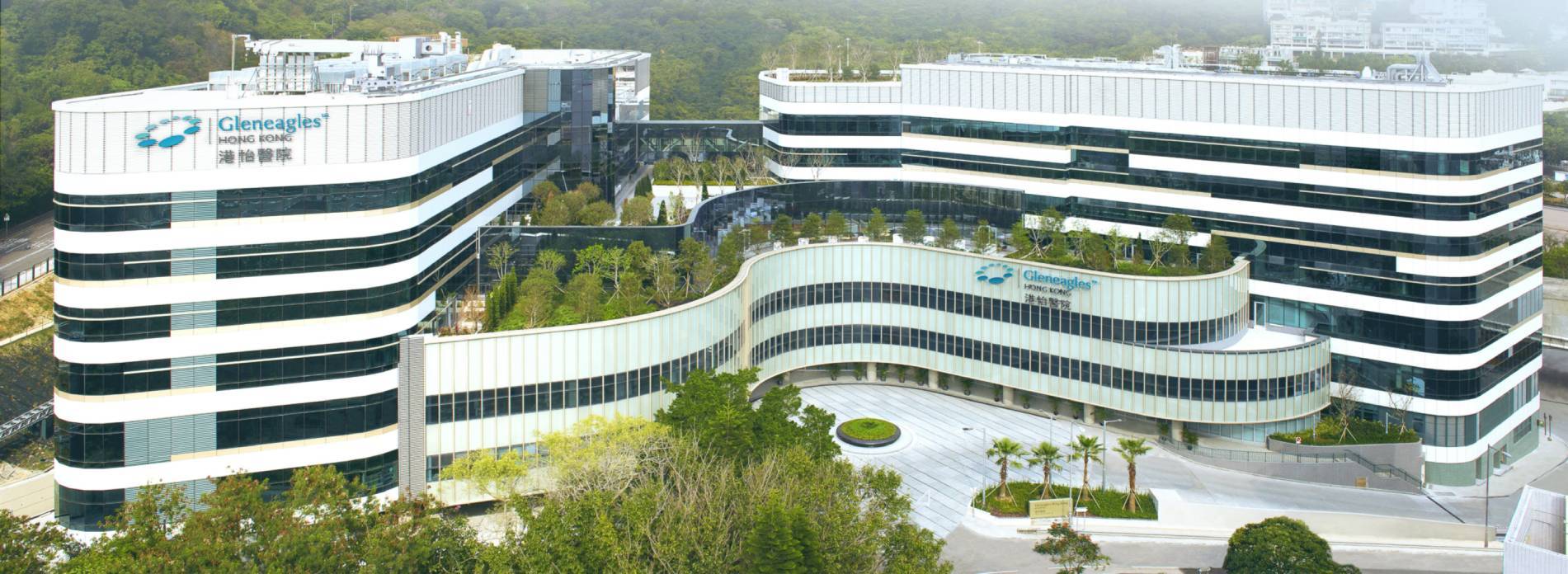Is chemotherapy necessary for recurrent breast cancer? A new combined treatment option offers reduced side effects

Breast cancer ranks third overall among Hong Kong’s killer cancers, but first for women: in 2017 alone, nearly 4,400 new cases were diagnosed. Compared with other cancers, breast cancer offers more options for treatment, but with remission, the potential for recurrence remains. NGAN Kai Cheong, Clinical Professor of the Department of Clinical Oncology, Li Ka Shing Faculty of Medicine at the University of Hong Kong and Specialist in Clinical Oncology at Gleneagles Hospital Hong Kong, points out that breast cancer recurrence is quite common, and can even affect patients more than a decade after they first beat cancer. Fortunately, an advanced treatment option has recently been found to help both reduce side effects and increase survival rates.
The most commonly known treatments for breast cancer are targeted therapy and chemotherapy, but both have side effects that can be very uncomfortable for patients. There is third, less painful option, however. Professor Ngan tells us that once a patient is diagnosed with breast cancer, medical staff will generally test two hormone receptors in the tumour tissue samples. If one or more hormone receptors is positive, the patient is deemed suitable for hormonal therapy. About 75% of Hong Kong’s breast cancer patients can be treated with hormonal therapy, which is similar to chemotherapy in its effectiveness, but with much fewer side effects, offering patients a better quality of life during treatment.
The high recurrence rate of breast cancer raises the question: is hormonal therapy suitable for these patients too? According to Professor Ngan, in the past, if a hormone receptor-positive patient relapsed, the conventional treatment would be chemotherapy. However, the NCCN guidelines state that a combination of hormonal therapy and new targeted therapy offers a similar effect as chemotherapy on recurrent breast cancer patients. Once the advantages of reduced side effects and prolonged survival time were factored in, it became the obvious first choice for treating recurrent breast cancer. However, Professor Ngan points out the limitations of this combined treatment on patients with hormone receptor-negative cancer, as well as patients whose cancer has metastasised to other organs leading to ‘visceral crisis’ with significant organ dysfunctioin. For these patients, chemotherapy is the only option.
So, is the combined treatment expensive? Will patients be able to afford it? Professor Ngan admits that the new targeted therapy is indeed more expensive, and may not be affordable for every patient. Fortunately, more and more pharmaceutical companies and charity organisations are launching programs to assist cancer patients by subsidising treatment, offering reason to remain optimistic and proactive in the battle against cancer, because the earlier treatment begins, the more effective it is.
Most importantly, Professor Ngan reminds those with high risk factors such as having family history of breast cancer or known BCRA mutation status to undergo breast cancer screening. If you have family history of breast cancer without prior BRCA gene test, it would be advisable to have such genetic test done. Early detection can dramatically improve survival rates for breast cancer and reduce your risk of death.





